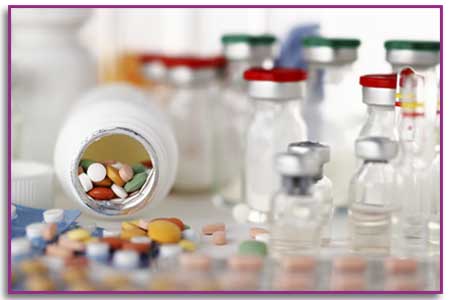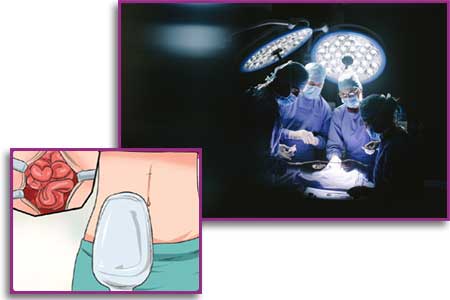MANAGEMENT OF IBD
Although there is no cure for IBD, the goal of IBD management is to help patients achieve remission, avoid relapses and have the best quality of life.

In IBD, treatment is aimed to reduce the inflammation that triggers your signs and symptoms. In the best cases, this may lead not only to symptom relief but also to long-term remission and reduced risks of complications.
IBD treatment usually involves either drug therapy or surgery.
Treatment options for IBD
Medications typically are the first line of treatment for IBD. There are several types of drugs that can help control inflammation in the digestive tract.
- Anti-inflammatory drugs: Anti-inflammatories include corticosteroids (such as prednisolone) and aminosalicylates (such as mesalamine)
- Antibiotics: Antibiotics may be used in addition to other medications or when infection is a concern. Frequently prescribed antibiotics include ciprofloxacin and metronidazole
- Immunomodulators: These drugs work to modify the abnormal immune response in IBD. Some examples include azathioprine, mercaptopurine and methotrexate
- Biologics: A biologic is a drug that is made from living cells. Biologics are relatively new entrant & engineered to target specific activity in the immune system to treat inflammation. Examples include infliximab, adalimumab, golimumab, etc.
- Other medications and supplements: In addition to controlling inflammation, some medications may help relieve your signs and symptoms, but always talk to your doctor before taking any over-the-counter medications.

Surgical Treatment for IBD
If diet and lifestyle changes, drug therapy, or other treatments don't relieve your IBD signs and symptoms, your doctor may recommend surgery.
Surgical treatment in IBD involves removing damaged parts of the digestive tract & reconnecting the healthy sections.
